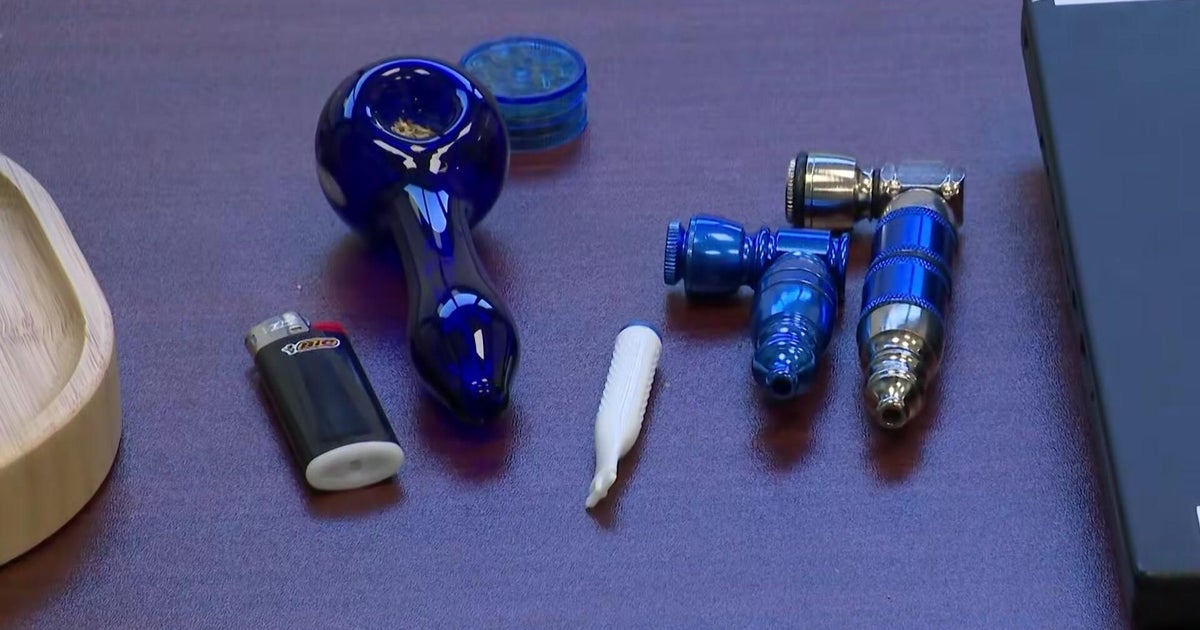Is multitasking a myth? Here's what an expert says about divided attention.
Busy working mom Erika Robinson is all too familiar with the multitasking world we live in.
"We have to come home to think about what we gotta do for ourselves and what we gotta do for our children. Cook, get the clothes ready, make sure they do their homework," Robinson told CBS News.
While busy lives have many of us juggling multiple tasks at once, are we really multitasking?
Writer and consultant Linda Stone has done years of research on the topic and has found humans aren't great at it. In 1998, she even coined the phrase for what it really is: "continuous partial attention."
"There isn't any real multitasking," she said. "We don't ever do anything simultaneously. We are just rapidly task-switching."
Stone spent her career at Apple and Microsoft watching how humans interact with technology, which led her to focus on the myth of multitasking.
While she would consider walking and chewing gum at the same time "simple multitasking," research suggests the human brain isn't wired to multitask when it comes to more complicated things.
A study of doctors, for example, found multitasking almost doubled mistakes in writing prescriptions.
Stone says our splintered attention causes more damage than we realize.
"The smartphone is amazing. There's so many things we can do. One of the most seductive ever tools that we've had in our hands. And yet what happens to the body? Our neck goes down, our posture, we lose it. We lose our ability to breathe properly," she said.
Stone says our brains and bodies need to relax with things like walks outside, humming or singing — an antidote to our constantly divided attention. She likes to take dance lessons to help counter the mental and physical stress caused by multitasking.
Working mom Evandissa Cabral agrees that it feels like everyone's brains are always on the go.
"Most times we don't stop to take a breath, and bringing in dancing, which continuously helps you slow down, can be very rewarding," she said.








